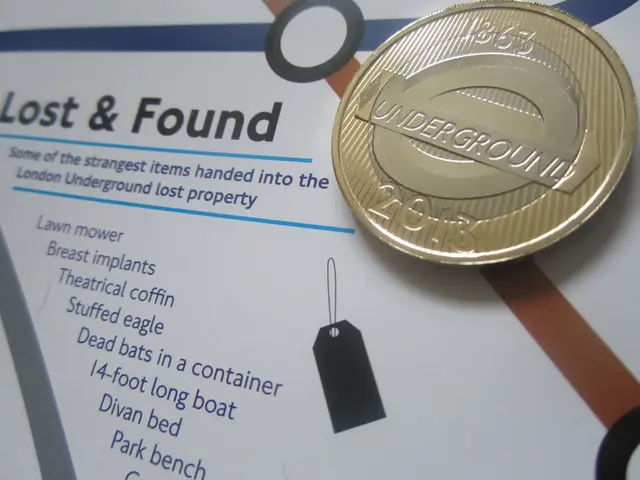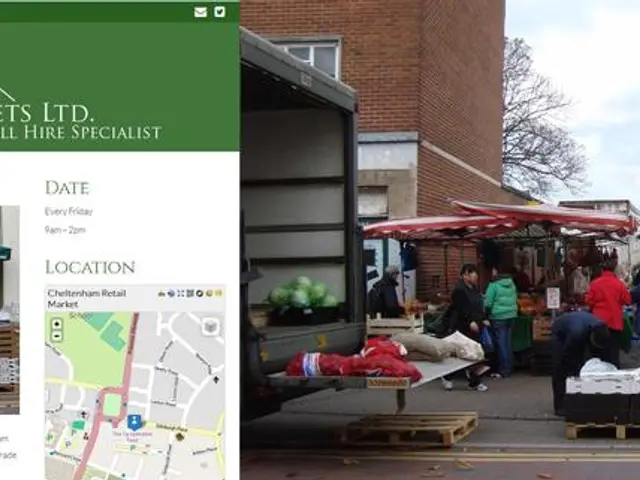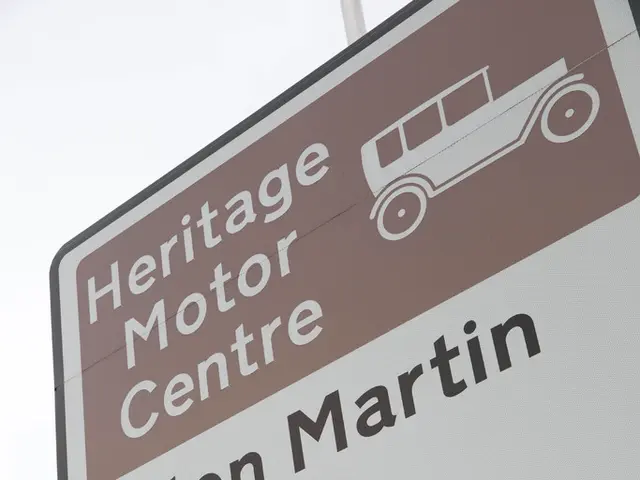Motorcycles in Scrap Condition Available for Purchase: Key Points to Consider Before Making a Deal
=========================================================================
When it comes to buying a motorcycle, the world of salvage motorcycles can be an appealing option for those seeking a budget-friendly opportunity or a challenging project. However, navigating this terrain requires a careful eye, a willingness to get your hands dirty, and a clear understanding of the legal steps involved.
Each state has its own rules for inspecting and registering rebuilt motorcycles, with some being more stringent about documentation and safety standards. The key legal consideration when buying a salvage motorcycle is obtaining a rebuilt or reconstructed title after completing repairs and passing an official salvage inspection. This process varies by state and can involve substantial paperwork and documentation such as receipts and before-and-after photos.
The main risks involved in purchasing a salvage motorcycle include hidden damage, lower resale value, difficulty obtaining full insurance coverage, and legal and registration challenges. Structural issues like frame cracks or internal engine damage may not be visibly apparent at purchase and can surface only after disassembly or use. Even fully repaired salvage motorcycles typically sell for 20–30% less than comparable clean-title bikes.
Major insurers often offer only liability coverage for rebuilt motorcycles, and full coverage may be expensive or require proof of repairs. Some states have strict registration rules and may require multiple inspections, potentially delaying road use.
The mechanical challenges of a salvage motorcycle include assessing and repairing critical components such as the motorcycle frame, engine, transmission, and electrical system. Repairs range from straightforward parts replacement to highly technical work requiring professional tools and expertise. Budget realistically for parts, tools, and labor, and compare total costs to the bike’s market value, as repairs exceeding 70–80% of value may not be worthwhile.
Before buying, it's crucial to inspect the bike in person or hire a professional. If buying online, review the listing carefully for key things like frame and forks, engine and transmission. Some issues may be hidden in photos or not disclosed in listings, including frame misalignment, bent forks, or electrical faults.
Stolen bikes that were recovered often carry salvage titles even if they have minimal mechanical damage. Some insurers won't offer full coverage for rebuilt motorcycles, and others may charge higher premiums. Unlike cars, motorcycles rely heavily on frame alignment for safety and performance, making structural damage harder to spot and more dangerous if missed.
Despite the challenges, the biggest advantage of buying a salvage motorcycle is its lower purchase price, which is often 40% to 70% less than its clean-title counterparts. Common reasons for salvage designation include collision damage, theft recovery with missing parts, fire damage, water or flood damage, vandalism, and cosmetic issues that are expensive to fix.
Inspect brakes and suspension for rusted or leaking shocks, missing brake calipers or lines, bent wheels or rotors. Avoid frame-damaged bikes unless you're an experienced fabricator. Use a VIN check service to investigate the accident history, title status, theft records, and previous registrations of a motorcycle.
In summary, purchasing a salvage motorcycle can offer budget-friendly opportunities for enthusiasts willing to navigate legal hurdles and repair challenges, but buyers should conduct thorough inspections, understand state regulations, prepare for potential insurance limitations, and realistically assess mechanical repair needs before committing. Research the motorcycle's known problems, repair difficulty, and parts availability before buying. Even after repairs, a bike with a salvage or rebuilt title is worth less on the resale market - sometimes by thousands of dollars. However, for those seeking a unique challenge or a project bike, the rewards can be substantial.
- Financing the purchase of a salvage motorcycle may require special deals-and-discounts from lenders, as they might perceive the vehicle as a higher risk due to its salvage title.
- In the realm of lifestyle, owning a renovated salvage motorcycle can provide a sense of satisfaction and accomplishment, especially for those who appreciate DIY projects and unique transportation options.
- Shopping for accessories and upgrades for a salvage motorcycle would be simpler if one focused on practical items such as safety equipment, rather than cosmetic enhancements, given the lower resale value of the vehicle.




